04 Jan Attention Snowbirds, Uncle Sam calling
While most of get set to hunker down and settle in for a long winter, there are a few fortunate among us who can spend their winters in Florida or other warm weather states. For those fortunate few, attention must be given to the US tax residency requirements in order to avoid being liable for US tax. This article is not relevant for US citizens or green card holders who have US filing requirements in any case.
US tax residency is determined through the Substantial Presence Test. This test determines residency by the following method. If an individual meets the criteria, they are considered a US tax resident for the year. This will result in the individual being considered a resident alien and will be obligated to file a full tax return for the year including the disclosures of all non-US owned asset forms. The test consists of 2 different questions and individuals must answer yes to both questions to be considered a resident. Note that any part of a day spent in the USA counts as a full day.
- Did the taxpayer spend 31 days or more in the USA during the current year?
- Did the taxpayer spend more than 183 days in the USA over the past 3 year period with the days weighted as follows?
- Number of days present in the current year ADDED TO . . .
- 1/3 the number of days present in the USA in the prior year ADDED TO . . .
- 1/6 the number of days present in the USA in the 2nd prior year.
Note that if an individual spends more than 121 days a year in the USA they will meet the substantial presence test. To avoid the onerous requirements of US residency and tax filing, the individual can consider the following two options.
- File form 8840 requesting a Closer Connection Exemption.
- If the Closer connection exemption is not available, an individual can use tiebreaker criteria under article IV of the Canada US income tax treaty.
1. File form 8840 requesting a Closer Connection Exemption
To claim a Closer Connection Exemption, individuals will need to be able to demonstrate they have a closer connection to Canada than the USA. To be eligible for this approach, an individual must meet the following 3 criteria:
- The individual must be present in the USA for fewer than 183 days during the current year.(A greater presence will also result in being in violation of immigration law)
- The individual must maintain a “tax home” in a Canada or outside the USA.
- The individual must be able to demonstrate that they have a closer connection to the foreign country than to the USA.
Examples of this could include owning a home in Canada while not owning one in the USA, or keeping active government health insurance and maintaining a Canadian drivers’ license. All individual cases are judged independently on the merits of the case in question. To claim this exemption, form 8840 must be timely filed with the IRS by June 15th of the following year, or October 15th if an extension request is filed.
2. Use tiebreaker formulas under article 4 of the Canada-US income tax treaty.
The treaty produces a method whereupon no individual can be claimed as a resident of both countries. There are 5 items used to determine which country has the primary residency. They are as follows:
- Location of permanent home: (Where does the individual maintain a home)
- Center of Vital Interests: (Where does the individual work, bank, invest)
- Habitual Abode: (Where does the individual regularly live)
- Citizenship: (This would be a determining factor for Canadian citizens because if the individual is an American citizen, they would have to file anyway)
- A panel is assembled to adjudicate the case: (If the above 4 tests are not decisive then the case is to be determined by a panel who will issue a final ruling)
To determine which country is primary, start at the top of the list. If the answer is clear, then ignore the other questions. If it is unclear, keep going down the list until it can reasonably be determined. To claim the treaty benefits, file form 8833 with a US tax return. One point to consider though in using the treaty is that states are not bound by federal tax treaties. Therefore if someone is spending the winter in California, they may have state tax issues as well as the federal ones.
If you, or someone you know, may be unsure if you may have American filing responsibilities, please check out our Substantial Presence Test Calculator . If you have any other questions or are unsure as to what your next steps should be, please contact one of our tax experts for a free consultation.

Sorry, the comment form is closed at this time.